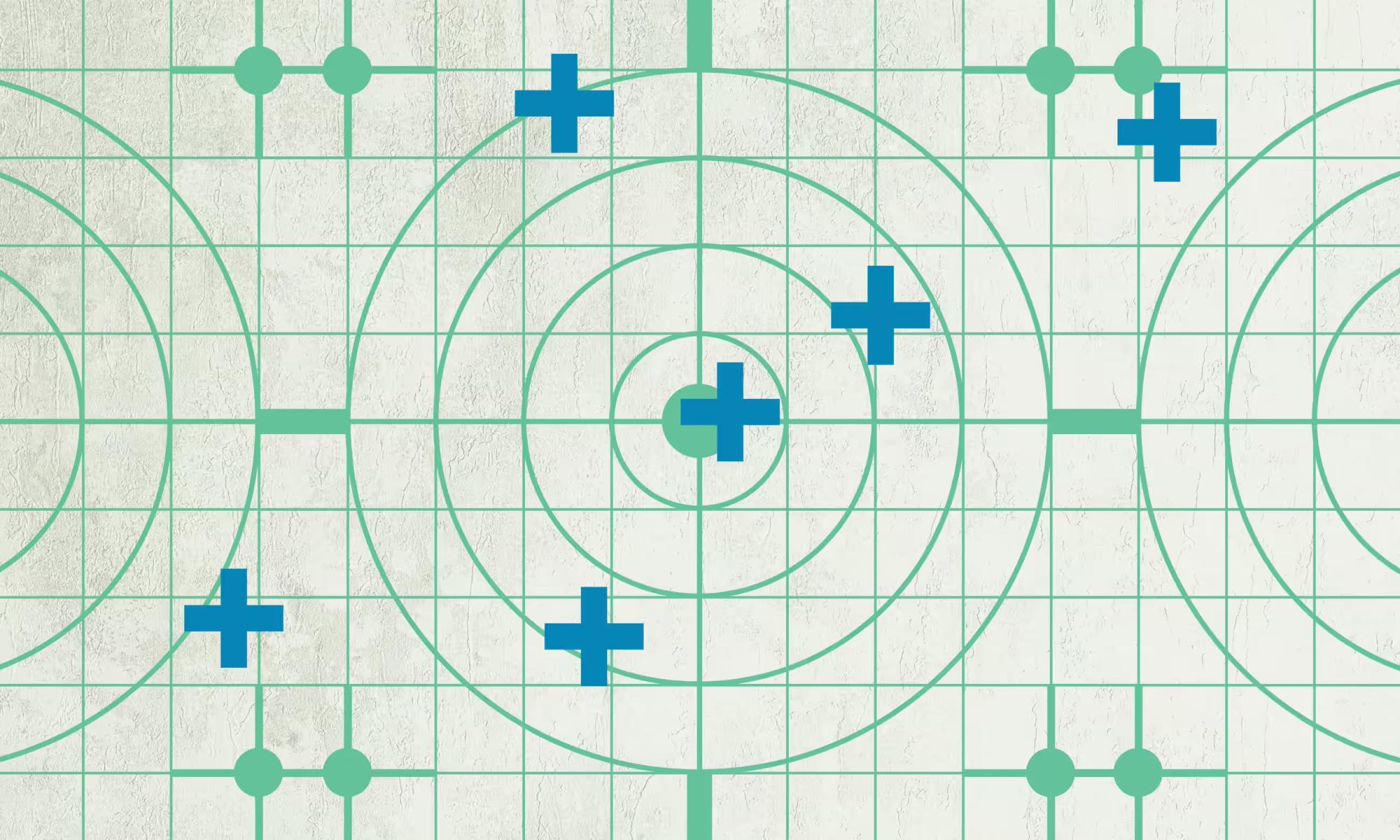Related Stories
‘Very little yield’: has genetically targeted medicine really made us healthier?
Key Excerpts from Article on Website of The Guardian (One of the UK's Leading Newspapers)

Posted: November 7th, 2023
https://www.theguardian.com/society/2023/sep/09/precision-me...
After spending 13 years and $2.7bn, the Human Genome Project announced in 2003 that it had successfully mapped our DNA, paving the way for a new era of medicine that would deliver “the right treatment, for the right patient, at the right time”. Twenty years later, some say the “era of precision medicine” has arrived. But others disagree. They argue that the gains have been small, and pursuing them may have diverted attention from the preventable causes of common diseases. Some doctors and academics say that too much emphasis is placed on our genes, and not enough on environment and lifestyle. “There’s this paradox where the more we learn about the human genome, the less we should expect it to actually have significant impacts for most patients,” [Prof. James] Tabery says. “There’s plenty of information to suggest that if we really wanted to combat common diseases, we should be focusing on environmental causes.” In countries with insurance-based healthcare systems such as the US, expensive drugs can take an enormous toll on individuals, leading some clinicians to identify a new side-effect: “financial toxicity”. “A new drug offers some health benefits to those patients that receive it,” explains Mark Sculpher ... at the University of York. “But depending on the cost of that drug, you may end up with other patients losing more health, because that’s resources taken from them. So you can have this negative overall population health effect if you pay too much for a drug.”
Note: For more along these lines, see concise summaries of deeply revealing news articles on health from reliable major media sources.
Related Stories
Latest News
Key News Articles from Years Past











































































